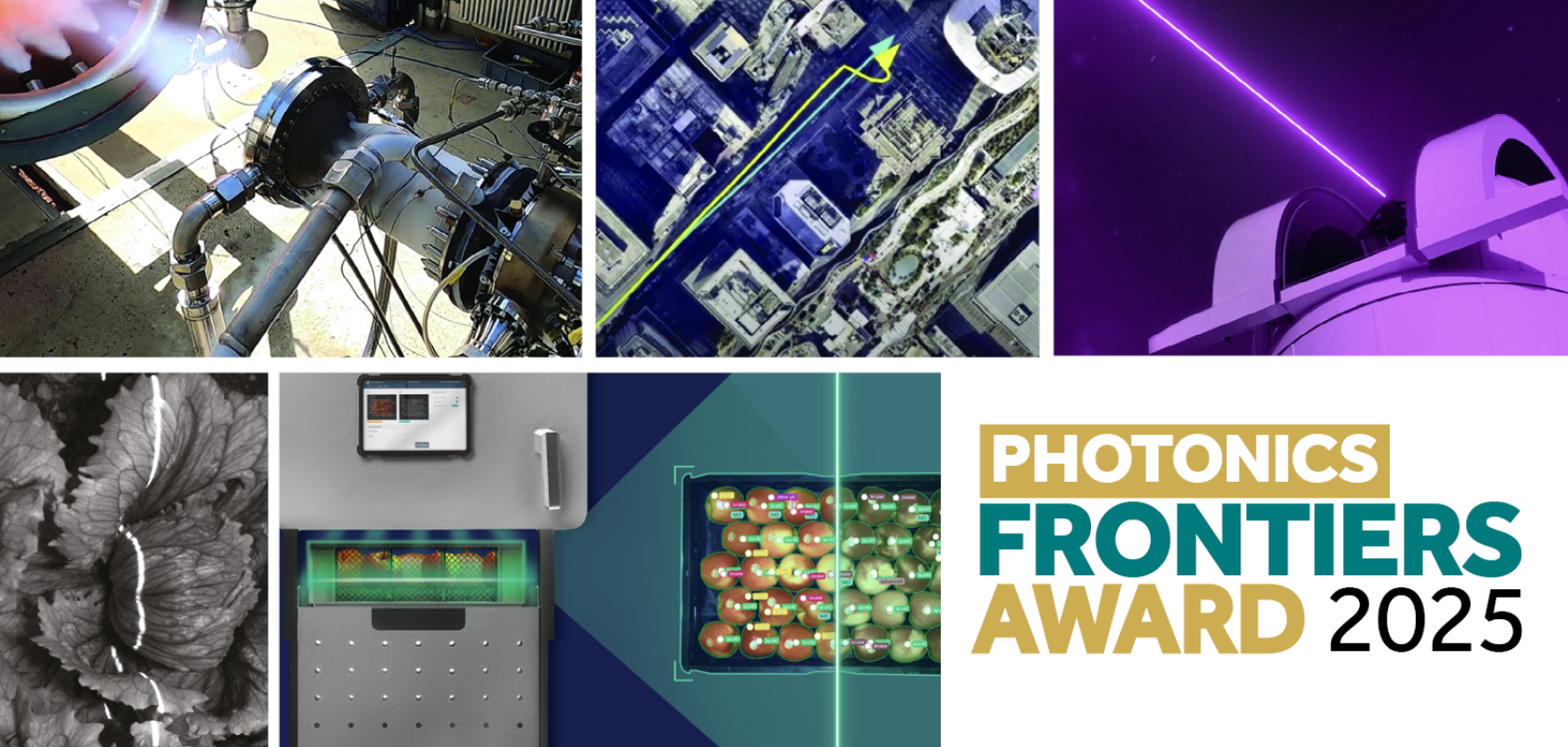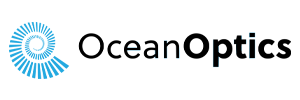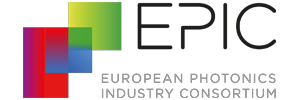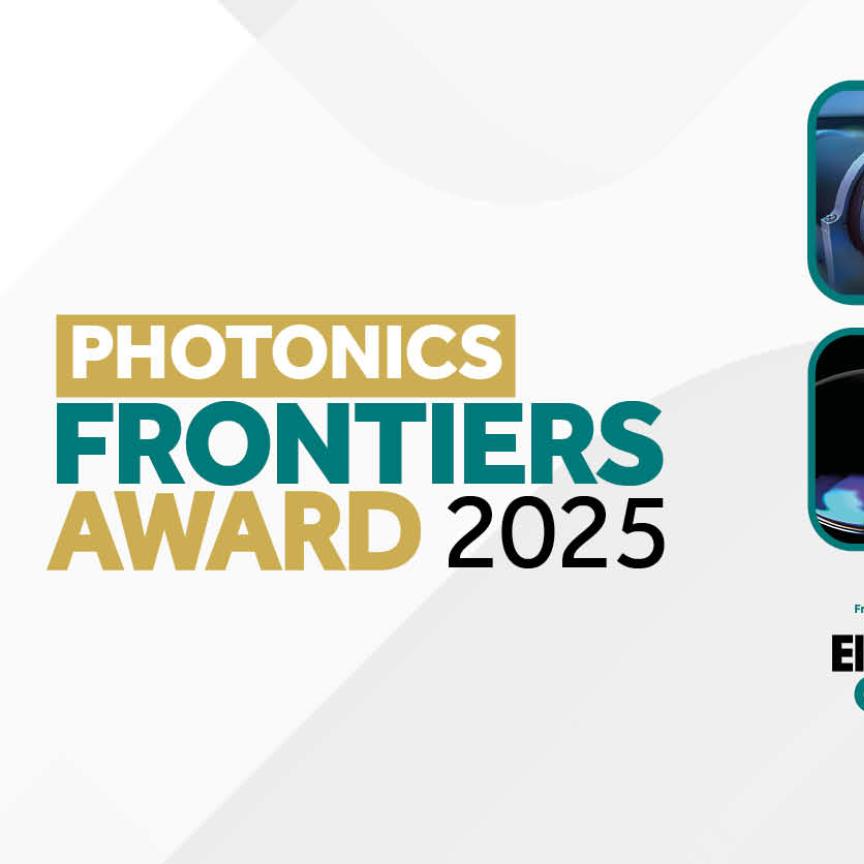The 2025 Photonics Frontiers Award has entered its final phase, with seven groundbreaking projects advancing from the initial shortlist.
Following rigorous second-round evaluation by an independent panel of industry and academic experts, the finalists represent the most compelling applications of light-based technologies addressing critical real-world challenges across multiple sectors.
The seven finalists
The projects from each category advancing to the final judging round are (click the links for a detailed look at each entry):
- Imaging technologies: Jabil's Short Wavelength Infrared (SWIR) 3D Laser Line Profile Sensors, developed for outdoor applications across agricultural, transportation, logistics, and construction markets, submitted by Senior Director Ian Blasch.
- Biophotonics and healthcare applications: The University of Birmingham's 'EyeTBI' technology for simultaneous eye-safe spectroscopy and fundus imaging to enable point-of-care detection of traumatic brain injury, submitted by Professor Pola Goldberg Oppenheimer from the Institute of Healthcare Technologies and School of Chemical Engineering.
- Environmental monitoring and sustainability: A collaborative multi-spectral sensing solution from Friedrich Schiller University Jena, ams-OSRAM Group, and Fraunhofer IOF designed to minimise global food loss and waste by detecting optimal harvesting times, submitted by Abdel Karim Ruvalcaba-Perez.
- Laser technologies and applications: Silicon Austria Labs' compact high-energy laser system for space rocket engine ignition, developed by Senior Scientist Dmitry Tabakaev.
- Optical communications and networking: KERAUNOS, Cailabs' robust optical ground station technology for low Earth orbit laser communications, submitted by CEO Jean-François Morizur.
- Photonic and optical sensors: ANELLO Photonics' silicon photonics optical gyroscope, submitted by CEO Mario Paniccia.
- Spectroscopy and analytical techniques: Art Photonics' diamond-enhanced ATR fiber probes for robust industrial spectroscopy applications, submitted by Founder and Senior Adviser Dr Viacheslav Artyushenko.
Industry enthusiasm
"The seven finalists represent the very best of what photonics can achieve when innovation meets real-world application," said Warren Clark, CEO of Europa Science.
"From revolutionising brain injury detection to enabling next-generation space propulsion, these projects demonstrate how light-based technologies are not just advancing science, but fundamentally changing how we address critical challenges across healthcare, sustainability, and beyond," said Warren Clark, CEO of Europa Science, parent company of Electro Optics. "The diversity and calibre of these finalists truly exemplify the power of photonics to address some of the world's most pressing challenges and drive innovation across numerous sectors."
What's next?
The winner will be announced during a ceremony on Wednesday, June 25, 2025, at the Laser World of Photonics exhibition in Munich, bringing together leaders from the global photonics community. Attendees can visit the Electro Optics, Imaging and Machine Vision Europe, and Fibre Systems teams at Laser World of Photonics in Munich at Hall B3, Stand 250.
Detailed information about the finalist projects is available on the Electro Optics website, with many entrants featuring in series of pre-award webcasts:
- Biophotonics and healthcare applications & Laser technologies and applications
- Imaging technologies & Optical communications and networking
- Photonic and optical sensors; Environmental monitoring and sustainability; & Spectroscopy and analytical techniques
Award recognition criteria
The Photonics Frontiers Award distinguishes itself by recognising practical applications rather than individual achievements, highlighting breakthrough technologies from integrators, original equipment manufacturers, academic institutions, and end-users. The award aims to connect innovative photonics solutions with the markets and audiences that can benefit most from these advances.
The independent judging panel, featuring experts including Antonio Castelo from EPIC, Alison McLeod from Photonics Scotland, Chris Yates from EMVA, Professor John Girkin from the University of Durham, John Lincoln from the Photonics Leadership Group, and Royal Society Research Professor Miles Padgett from the University of Glasgow, evaluated entries based on five key criteria.
Projects were assessed for their innovative use of photonics, tangible impact on end-users, growth potential for new market opportunities, credible supporting evidence, and overall submission quality.
If you have any queries about the Photonics Frontiers Award, please contact rachel.marston@europascience.com.








